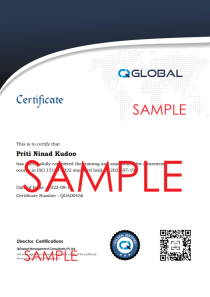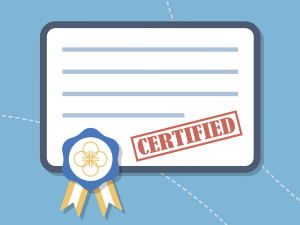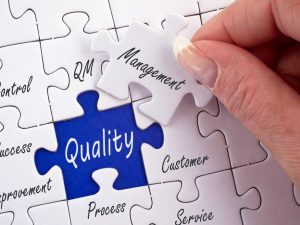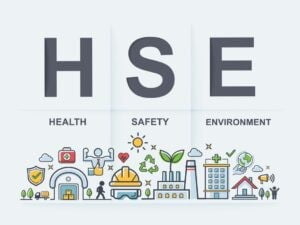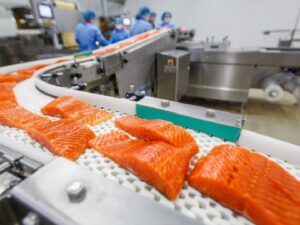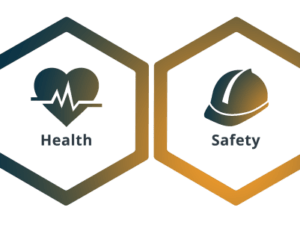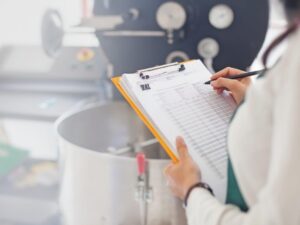Food Safety - Awareness Training
- Description
- Curriculum
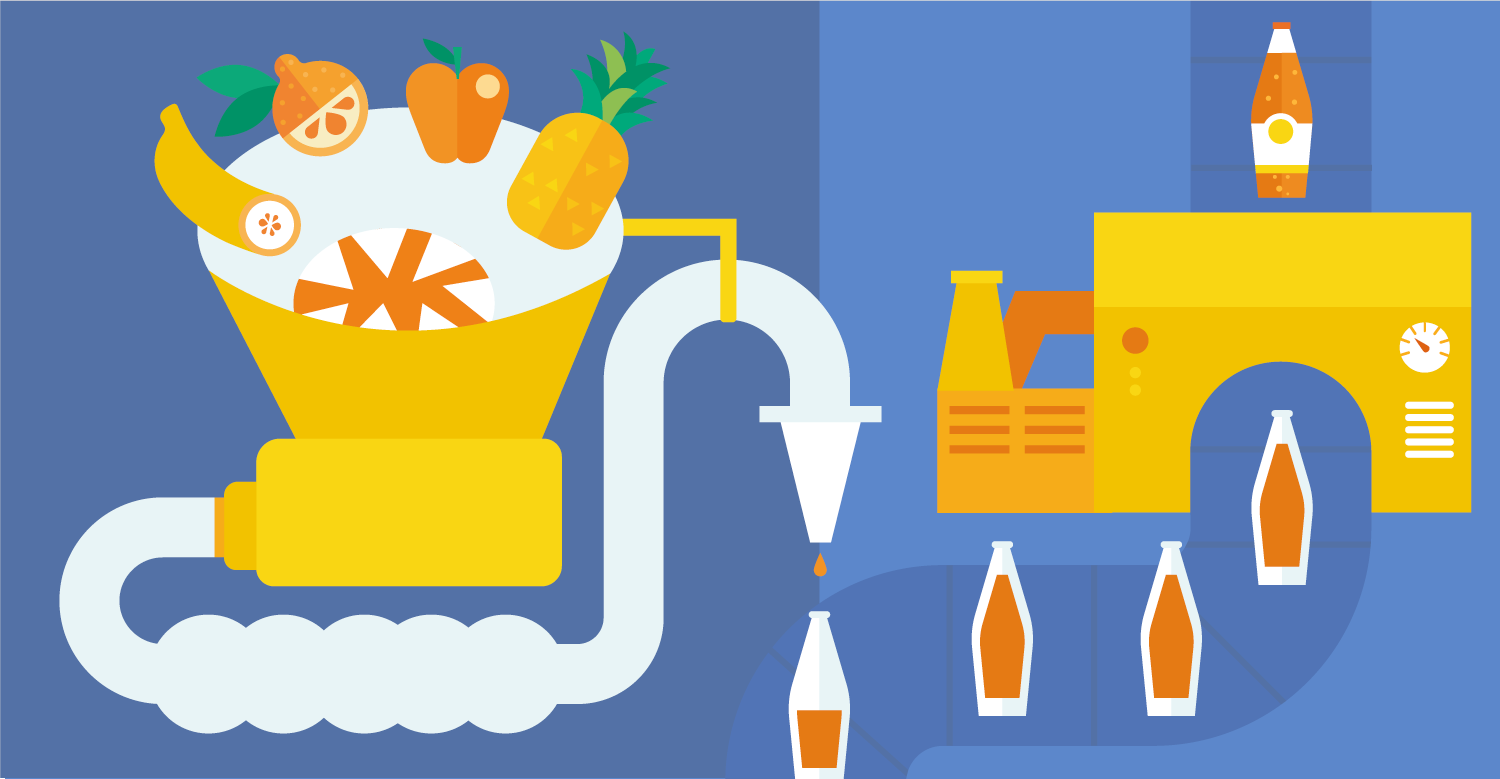
Keeping food safe from farm to fork by ensuring hygienic practices and traceability at every step of the supply chain are essential tasks for the food industry. Our food safety awareness course teaches you the requirements and benefits of food safety and the important techniques to ensure food safety at a food business. The essential objective of this food safety training is to impart working knowledge on how food safety requirements can be interpreted to suit an organization’s processes, products, people & customers.
Who Should Attend?
- Anyone involved in the planning, implementing, maintaining, supervising or auditing of food safety management systems
- Students and jobseekers interested in understanding the best food safety management practices followed by various food business operators
- Anyone looking to gain skills and knowledge to improve their organisation’s food safety management system
- Food business operators who want to provide awareness to employees on food safety practices
Key Benefits
- Understand the concept of food safety
- Learn importance and benefits of a food safety management system
- Understand main concepts such as risk-based thinking, process approach and Plan-Do-Check-Act
- Understand the concept of hazard analysis and critical control points (HACCP)
- Understand the concept of food defense threat analysis and critical control points (TACCP)
- Understand the concept of food vulnerability analysis and critical control points (VACCP)
- Prepare yourself to participate in implementing a food safety management system
- Understand documents and records relevant to food safety management system, critical to the products and services delivered and those required to meet customer and regulatory requirements
- Fill gaps in your professional knowledge
- Understand the prerequisite programs (PRPs) for food businesses to ensure the safety of food products handled
- Get awareness on the regulatory requirements and the compliance procedures
- Gain awareness on major food safety standards such as ISO 22000, BRC, HACCP and FSSC and the certification process
Learning & Evaluation Method
This is a live and interactive course. Once you purchase the course, our team will contact you to plan the training. No matter where you are located, we schedule the classes based on your convenience and time zone. You can plan to attend the training in sessions of 4 or 8 hr duration, based on how much time you can spend in a day.
Certification
There are increasing numbers of organizations, who prefer candidates those who have completed management system trainings from a recognized institution. Certification demonstrates your commitment to superior professionalism, upholding industry standards, and continued learning. These merits can help boost your professional credibility and prestige within your own network, in your organisation, with your current clients, and when pursuing new business opportunities. After the successful completion of the course and final exam, you will be awarded with a certificate of completion issued by QGlobal. Your credentials will be made available in the global online directory and can be verified by anyone searching with the certificate number. Without doubt we can say that our training courses are well recognized and sought after by organizations across various geographies.
Buy for group Are you planning to buy this course for a group? We have the best prices for you! Select ‘Buy for Group’ option and add to the cart. You will get a discount of 60 – 75% for a group of up to 10 participants. To make a group purchase, create your group name and add individual emails of up to 10 participants. Each participant will get the access to the course materials, exam and the certificate. We will arrange one live-online session for the entire group.
Total: 205 Courses View all
Total: 205 Courses View all
-
1Importance of food safety
-
2Regulatory requirements for food businesses
-
3HACCP Principles
-
4VACCP - Food fraud vulnerability analysis and critical control points
- Food fraud mitigation strategy
-
5TACCP - Food defense threat analysis and critical control points
- Food defense strategy
-
6Prerequisite program requirements (PRPs)
- Examples of hazards controlled by implementing PRPs
-
7PRP 01 – Food defense – biovigilence and bioterrorism
Controls for food defence
-
8PRP 02 – Product recall procedures
-
9PRP 03 - Rework
-
10PRP 04 – Training and supervision
-
11PRP 05 – Measures for prevention of cross contamination
-
12PRP 06 – Traceability
-
13PRP 07 – Storage and warehousing
-
14PRP 08 – Utilities – air, water, energy
-
15PRP 09 – Personal hygiene and employee facilities
-
16PRP 10 – Cleaning and sanitizing
-
17PRP 11 – Pest control
-
18PRP 12 – Waste disposal
-
19PRP 13 – Management of purchased material
-
20PRP 14 – Layout of premises and workspace
-
21PRP 15 – Equipment suitability, cleaning and maintenance
-
22PRP 16 – Construction and layout of building

